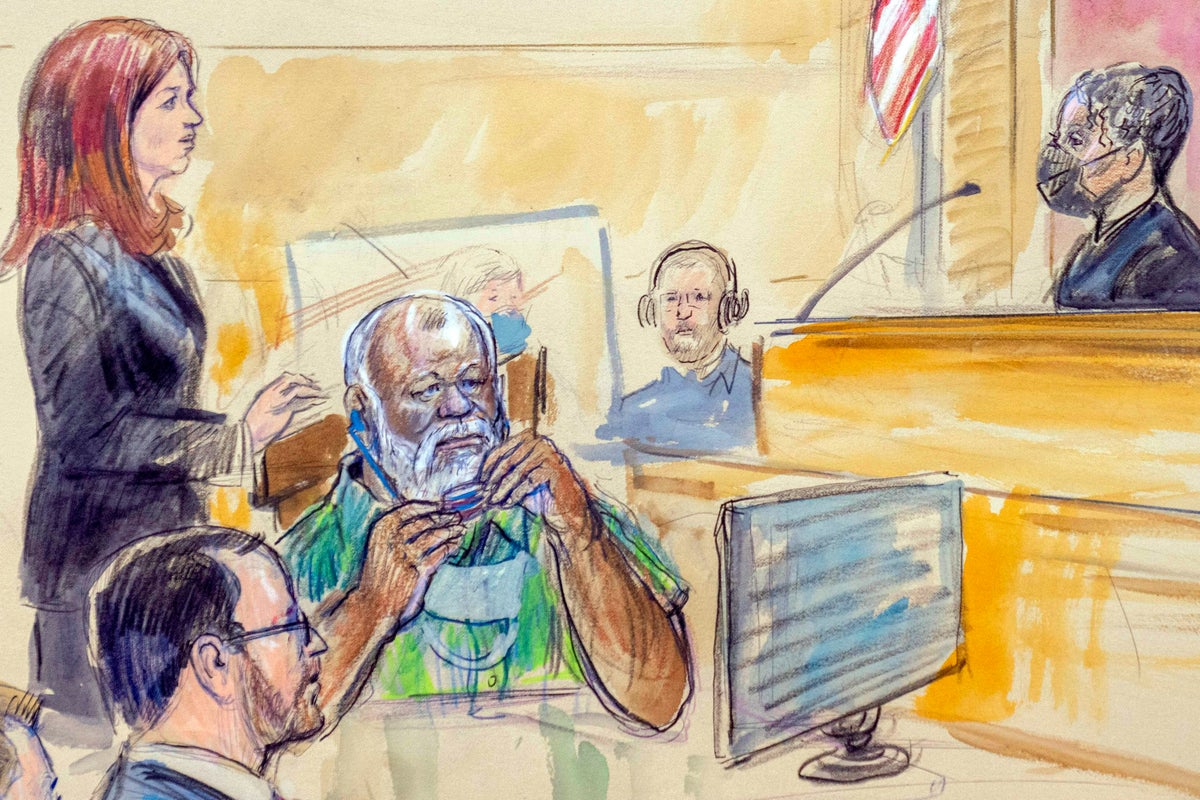
A leading rights group urged the U.S. and Libya Monday to explain the legal basis of a surprise extradition of a former Libyan intelligence officer accused of making the bomb that exploded on Pan Am Flight 103 over Lockerbie, Scotland.
U.S. authorities announced in December that they had arrested Abu Agila Mohammad Mas’ud Kheir Al-Marimi on allegations that he was behind the bomb that brought down the New York-bound flight just days before Christmas in 1988. The attack killed 259 people in the air and 11 on the ground.
Mas’ud’s arrest and extradition has raised questions about the legal basis of how he was picked up, just months after his release from a Libyan prison, and sent to the U.S. American officials have said his transfer was lawful and described it as a culmination of years of cooperation with Libyan authorities.
Libya and the U.S. don’t have a standing agreement on extradition, so there was no obligation to hand Mas’ud over. Libyan officials told The Associated Press in December that militias loyal to the Tripoli-based Government of National Unity were behind his detention and handover to the U.S.
Human Rights Watch said Mas’ud’s saga has raised rights concerns.
“It appears that no Libyan court ordered or reviewed Mas’ud’s transfer to the US, and he had no chance to appeal, raising serious due process concerns,” said Hanan Salah, associate Middle East and North Africa director at Human Rights Watch.
Mas’ud was picked up from his home in Tripoli’s Abu Salim district, which is controlled by a network of militias allied with Tripoli-based Prime Minister Abdul Hamid Dbeibah. Libya’s public prosecutor’s office has challenged the move and opened an investigation.
Pan Am Flight 103 exploded over Lockerbie less than an hour after takeoff from London on Dec. 21, 1988. Of those killed on the flight, 190 were American citizens.
A breakthrough in the decades-long investigation came in 2017 when the U.S. Justice Department received a copy of an interview that Mas’ud, a former explosives expert with Libya’s intelligence services, had given to the North African country’s law enforcement in 2012, while in custody following the collapse of Col. Moammar Gadhafi’s decades-long rule.
Libya has been torn by civil war since a NATO-backed uprising toppled and killed Gadhafi in 2011. The North African country is divided between Dbeibah’s government and a rival government based in eastern Libya headed by Prime Minister Fathi Bashagha.
Human Rights Watch said it documented that Mas’ud suffered from abuses including torture and intimidation to extract confessions while in Libyan detention. It called the U.S. to ensure that “no coerced confessions, including confessions made under torture, are used as part of the prosecution.”
Mas’ud is the third Libyan intelligence official charged in the U.S. in connection with the Lockerbie attack but the first to appear in an American courtroom. U.S. officials have not explained how he was taken into their custody.







